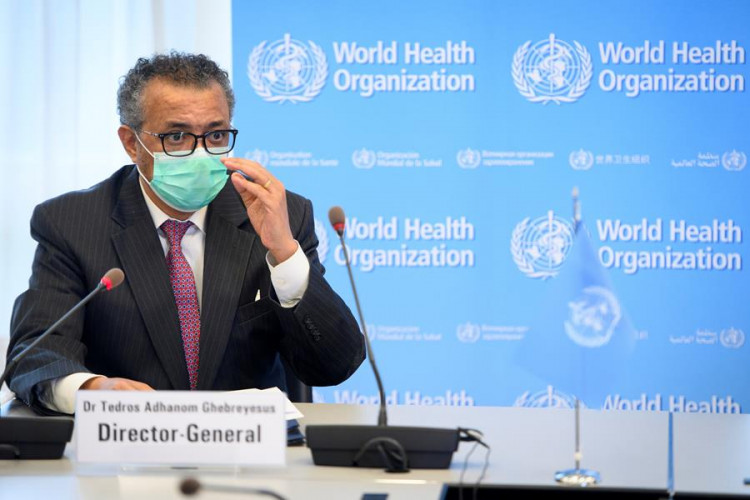The World Health Organization has recommended that children in Africa and other countries with high malaria transmission receive a malaria vaccine, marking a significant step forward in the lengthy struggle against the deadly disease.
Malaria has been one of humanity's worst afflictions for millennia, killing mostly babies and infants.
The road to an effective malaria vaccine has been long, with various vaccines demonstrating very low accuracy. The vaccine, dubbed RTS, S, or Mosquirix by the WHO, has been in development for more than 30 years and acts to prepare the immune system against Plasmodium falciparum, the deadliest malaria parasite and the most common in Africa.
The WHO now recommends that the vaccine be rolled out across Sub-Saharan Africa and other places with moderate to high malaria transmission, following the success of pilot vaccination programs in Ghana, Kenya, and Malawi.
The WHO's Director-General, Dr. Tedros Adhanom Ghebreyesus, hailed it a "historic moment."
"The long-awaited malaria vaccine for children is a breakthrough for science, child health and malaria control," he said. "[It] could save tens of thousands of young lives each year."
Thanks to intensive mosquito control and treatment programs, malaria occurrences and deaths have decreased in recent decades. However, 229 million infections were estimated worldwide in 2019, with over 400,000 deaths-the second highest toll for a single infectious disease after tuberculosis (COVID-19 has since overtaken malaria and likely TB in the past two years).
The increase of insecticide resistance among female Anopheles mosquitoes, the disease's carriers, has jeopardized already precarious efforts against malaria.
According to the WHO, the vaccine, developed by the British pharmaceutical company GlaxoSmithKline, prevented about 4 in 10 instances of malaria (a 39% efficacy) in children who received all four doses over a four-year period in large-scale clinical trials. Severe malaria was averted in 3 out of 10 cases (a 29% efficacy).
Other malaria vaccine candidates are being tested right now. One of these vaccines, produced by University of Oxford researchers, demonstrated 77% efficacy in early clinical trials, making it the only malaria vaccine to pass the WHO's goal of achieving at least 75% efficacy by 2030. A report from The Guardian says larger-scale studies on the vaccine are also currently underway.
The WHO said that a second malaria vaccine would be "highly beneficial" to malaria control, particularly in meeting the expected high demand.





